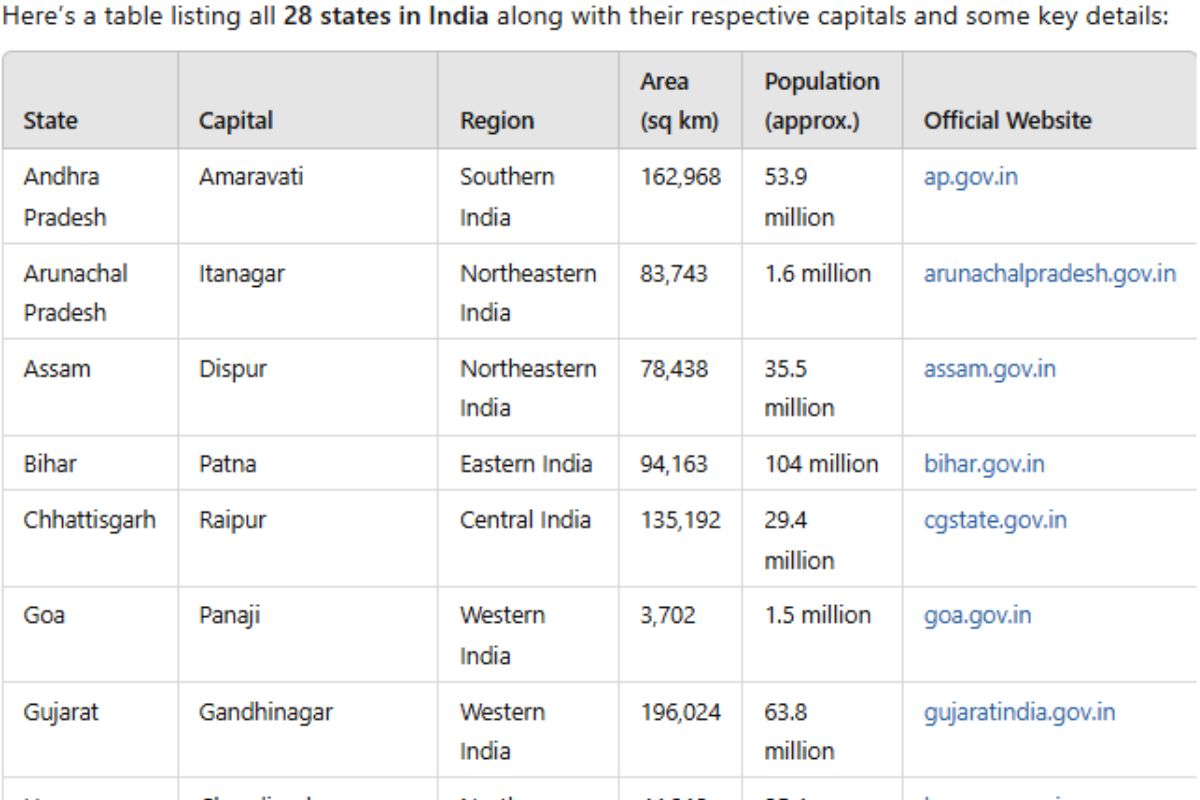The age-old question, “Can money buy happiness?” has puzzled philosophers, economists, and everyday people for generations. It’s a topic that has been the subject of countless discussions, debates, and studies. So, can it? Can money really buy happiness? Let’s explore this complex and fascinating question in simple terms.

The Pursuit of Happiness
Before diving into the question of whether money can buy happiness, let’s consider what happiness means. Happiness is a complex and multifaceted emotion. It’s that warm, fuzzy feeling we get when things are going well in our lives. It can be triggered by various factors, such as love, friendships, achievements, and even material possessions.
For many people, the pursuit of happiness often involves having enough money to meet their basic needs, as well as some of their desires and aspirations. Money provides access to education, healthcare, housing, and leisure activities, all of which can contribute to our overall well-being.
Also Read : Instagram Story Views
The Role of Money
Money is undoubtedly important. It allows us to cover our basic needs, like food, shelter, and clothing. Having money can relieve stress and improve our quality of life by providing security and stability. It can also grant us access to experiences, travel, and opportunities that we might not otherwise have.
However, there is a catch. While money can contribute to happiness, it isn’t a guarantee. The relationship between money and happiness is more complicated than it may seem.
The Hedonic Treadmill
One reason why money can’t guarantee happiness is the concept known as the “hedonic treadmill.” This idea suggests that people quickly adapt to changes in their circumstances. When we obtain something we desire, like a bigger house or a higher-paying job, we initially experience a boost in happiness. However, over time, we adapt to this new level of comfort or wealth, and the happiness boost fades. We then start to yearn for something even more, creating a cycle of seeking more and more, but not necessarily becoming happier.
Also Read : Flixtor
Comparative Happiness
Another factor to consider is comparative happiness. It’s not just about how much money you have; it’s about how much you have compared to those around you. If you constantly compare your wealth and possessions to others and feel like you’re falling behind, it can lead to feelings of inadequacy, jealousy, and unhappiness, despite having a decent income.
The Importance of Basic Needs
It’s important to emphasize that money’s impact on happiness is more pronounced when it comes to covering basic needs. People who struggle to meet their basic needs due to financial hardship are likely to experience lower levels of happiness and well-being. So, in this sense, money can indeed buy happiness by providing a foundation for a decent quality of life.
The Pursuit of Experiences
Rather than spending money on material possessions, studies suggest that investing in experiences, such as travel, hobbies, or quality time with loved ones, can contribute more to long-lasting happiness. Experiences create lasting memories and provide a sense of purpose and fulfillment.
Also Read : How to Make a Brown
Conclusion
So, can money buy happiness? The answer isn’t a simple yes or no. Money is a tool that can enhance our lives, making it easier to meet our basic needs and access experiences that bring joy. However, it’s not a direct path to happiness, and the pursuit of material wealth alone can often lead to disappointment. True happiness lies in a balance of meeting your basic needs, cultivating meaningful relationships, pursuing your passions, and cherishing life’s experiences. Ultimately, it’s not about how much money you have but how you choose to use it and how you define and pursue happiness in your life.
Frequently Asked Questions: Can Money Buy Happiness?
1. Can money buy happiness?
The relationship between money and happiness is complex. Money can certainly contribute to happiness by providing for our basic needs and enabling access to experiences, but it’s not a guarantee of happiness.
2. What’s the hedonic treadmill, and how does it relate to money and happiness?
The hedonic treadmill is the idea that people quickly adapt to changes in their circumstances. While money can initially boost happiness, we often adapt to higher levels of wealth, seeking more, and not necessarily becoming happier in the long run.
3. Can having more money lead to more stress and unhappiness?
Surprisingly, yes. The pressure of managing wealth, the fear of losing it, and the constant pursuit of more can lead to stress and unhappiness, particularly if it becomes an obsession.
4. Are there certain aspects of life where money has a more significant impact on happiness?
Money has a more pronounced effect on happiness when it comes to covering basic needs like food, shelter, and healthcare. Beyond meeting these essentials, its influence on happiness diminishes.
5. How can I spend money to maximize happiness?
Investing in experiences, such as travel, hobbies, and quality time with loved ones, tends to contribute more to long-lasting happiness compared to spending on material possessions. Experiences create memories and provide fulfillment.
6. Does the pursuit of material wealth lead to happiness?
Not necessarily. The relentless pursuit of material wealth, without attention to other aspects of life like relationships and personal growth, often leads to disappointment and a lack of overall happiness.
7. Is there a specific income level at which happiness is maximized?
Research suggests that once basic needs are met, additional income has diminishing returns in terms of increasing happiness. The threshold for basic needs varies depending on location and individual circumstances.
8. Can happiness be achieved without any money at all?
While money can certainly make life easier, happiness is not solely dependent on wealth. People in various economic circumstances can experience happiness by focusing on relationships, personal growth, and gratitude.
9. Is there a cultural difference in how money and happiness are perceived?
Cultural factors play a significant role in how money and happiness are viewed. Some cultures prioritize wealth and status, while others place a higher emphasis on relationships, community, and contentment with what one has.
10. Can we find a balance between money and happiness?
Yes, a balanced approach that includes financial stability, meaningful relationships, personal growth, and pursuing passions is often the key to a happier and more fulfilled life. The emphasis should be on using money as a tool to enhance your life rather than an end in itself.





